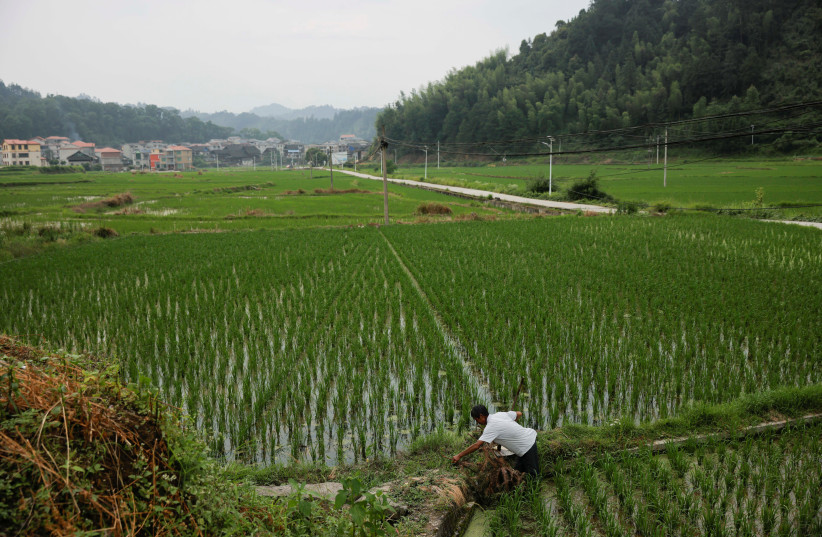A Stone Age Chinese civilization known as Liangzhu collapsed as a result of climate change, according to new research published last Wednesday in the peer-reviewed journal Science Advances.
The researchers, led by geologists Haiwei Zhang and Hai Cheng of the Institute of Global Environmental Change at Xi’an Jiaotong University, determined from geological records from Shennong and Jiulong caves as well as archeological data that the primary cause of the collapse of the Liangzhu culture was probably climate change-induced flooding and inundation.
The Liangzhu heavily depended on rice farming.
As the researchers determined from a layer of silt likely deposited by overflowing river waters, were catastrophically affected by massive and frequent floods and marine inundation resulting from super typhoons.
"The massive monsoon rains probably led to such severe flooding of the Yangtze [River] and its branches that even the sophisticated dams and canals could no longer withstand these masses of water, destroying Liangzhu City and forcing people to flee," one of the study's co-authors, Christoph Spötl of the Institute of Geology at the University of Innsbruck in Austria, said.

The researchers noted that these findings are also a significant contribution to experts' understanding of the effects of climate change on the evolution of other Neolithic societies.
